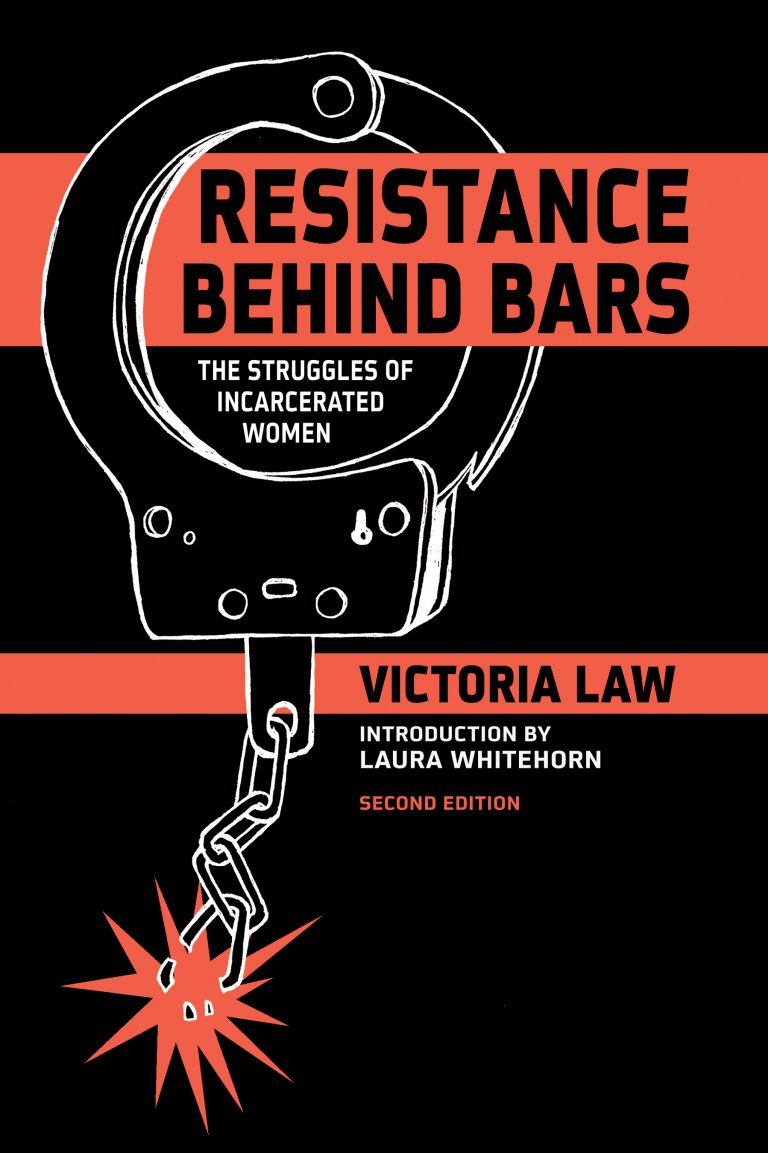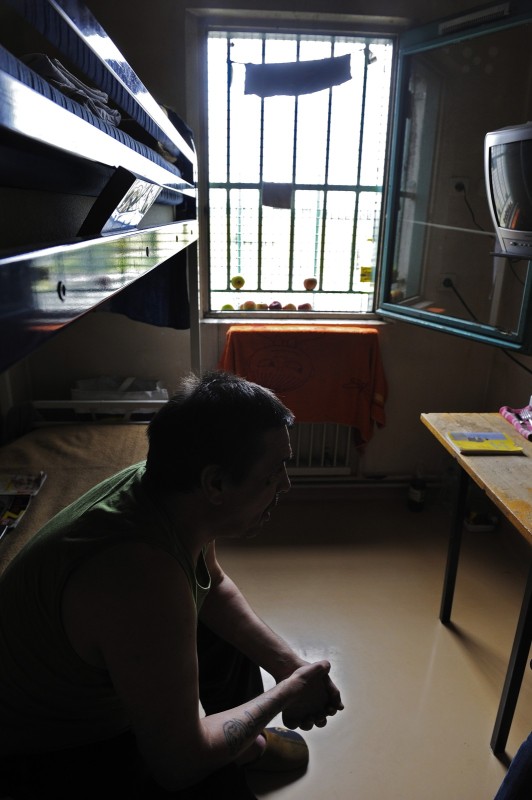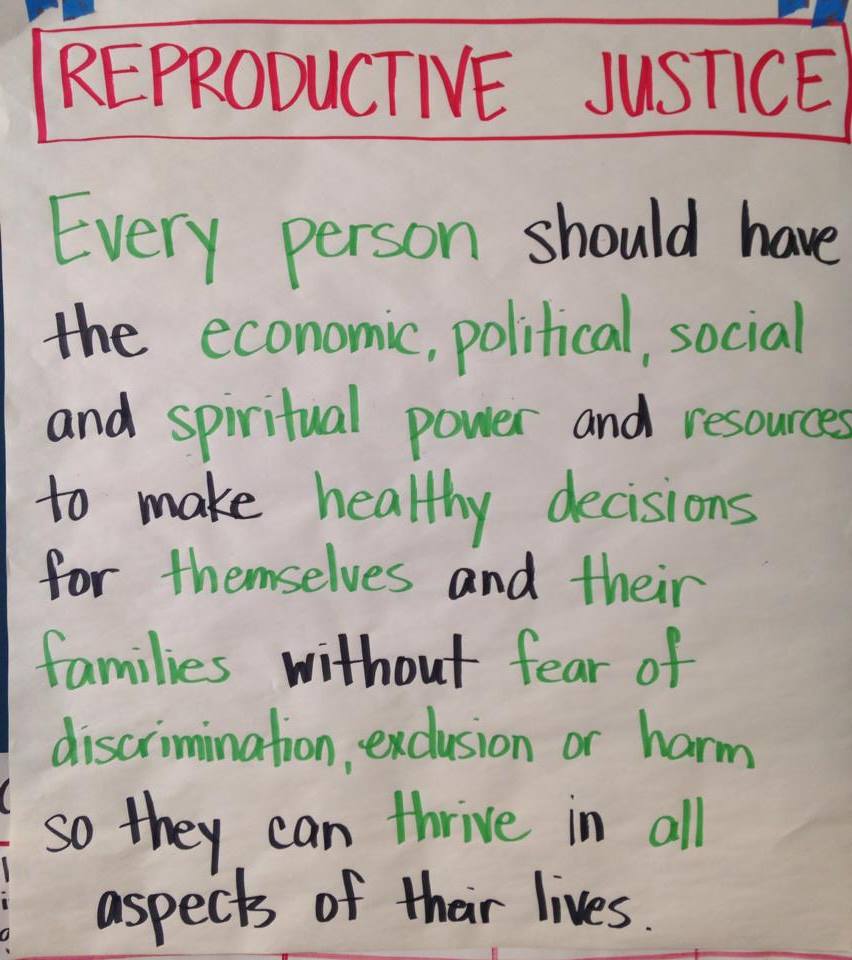
In a recent television interview, Christiane Taubira, France’s Minister of Justice, was questioned about her personal philosophy of justice: “Is the mission of justice to punish delinquents?” The journalist repeated the question in different forms, emphasizing the word “punish”. Finally, the journalist added “some may feel that for you, an efficient justice system would put reeducation and reinsertion at the center?” Taubira answered immediately, “Why are you asking me this question?”
Does the act of punishing mean sending someone to prison, as the journalist repeatedly suggested?
Why pose such a question to Taubira? Because she has taken a strong stand against using public funds to contract private companies to build new prisons. These contracts would have eaten up 50% of the budget devoted to the penal system. Instead Taubira has abandoned this way and is instead toward using the funds for alternative sentencing programs, programs that have been proven to be more efficient in reducing violence.
These questions reappear in an emerging climate of crisis. While many magistrates, such as Serge Pertolli, have argued “prison has never resolved anything in crime control,” the idea that the society must punish with prison is securely imbedded in the privatization of public services.
This is all relatively new for France. After World War II, the State’s power and right to punish existed in the service of rehabilitation. As Denis Salas explains, at that time, “what counted was to defend the delinquent in danger of exclusion in his or her own society.”
Today’s penal populism is built on opposite concepts. The victim and delinquent don’t belong to the same society, and social and economic situations have no relevance any more. Instead fear, largely fueled by the instability of economic crisis, should govern society.
Moreover, the project of penal populism is attached to the larger neoliberal project, which has impoverished many and deprived the society of its social structure through the privatization of social responsibility. The crime rate has not increased in France. In fact it has decreased, but violence is not on the decrease. Violence is gendered, marked and inflected with a neoliberal and patriarchal system of intimidation, which leads to societal destabilization through the disintegration of social cohesion in a globalized economy without a human face.
If we are to think about addressing root causes rather than merely astutely selected consequences, we must attend to the impoverishment and destitution of the notion of civil and societal care with messages of competition that have excluded so many.
(Photo Credit: Huffington Post)








